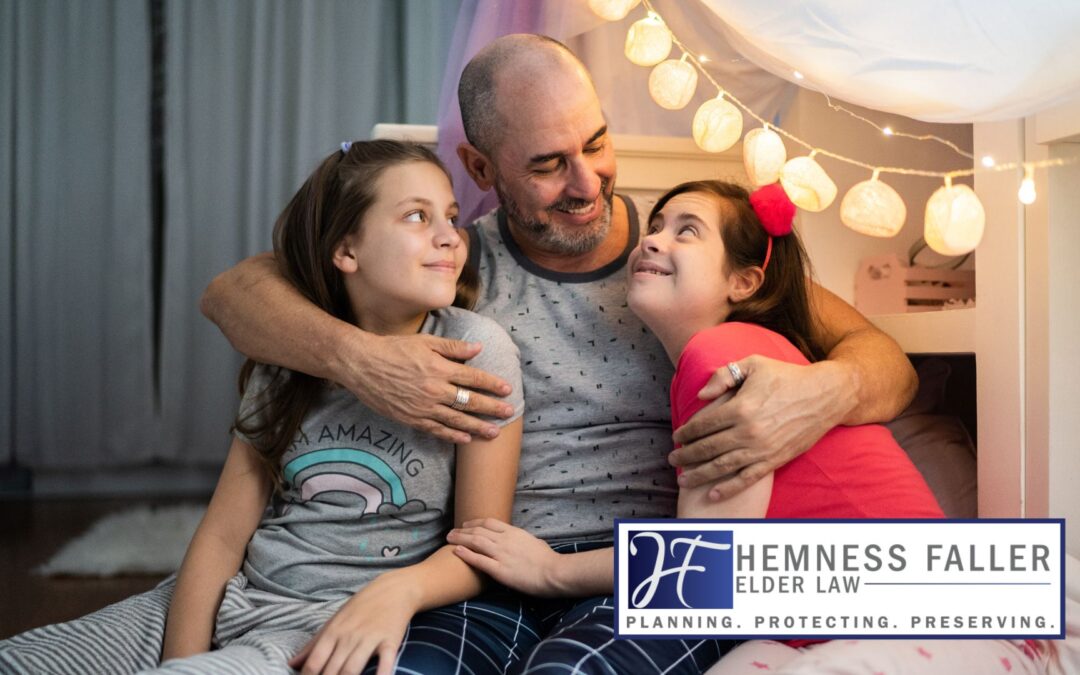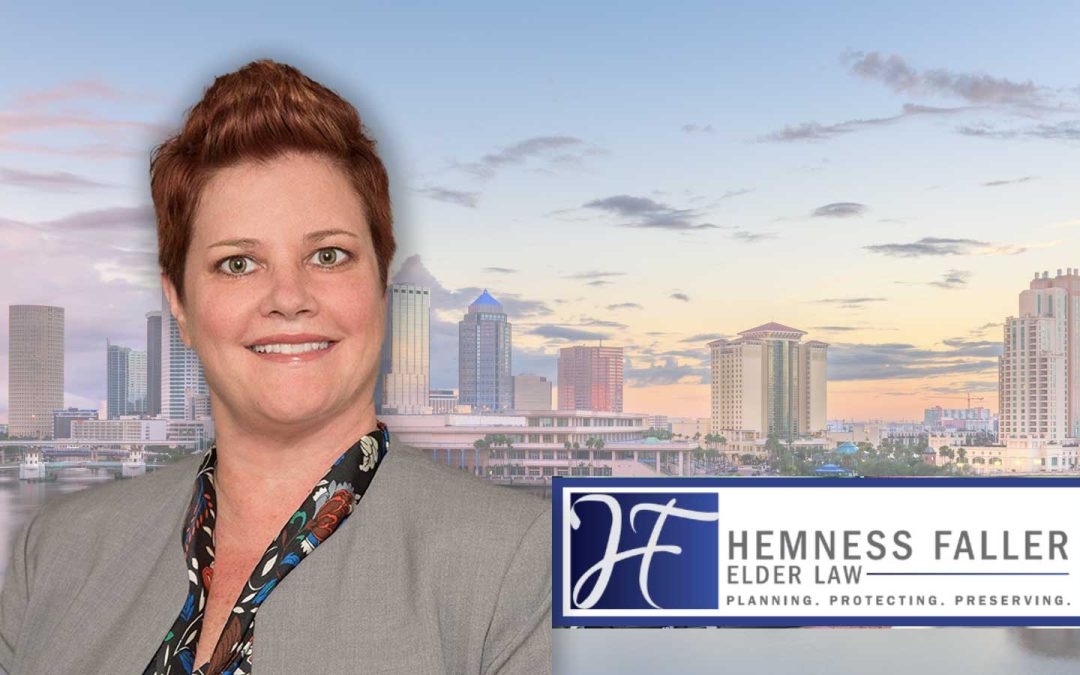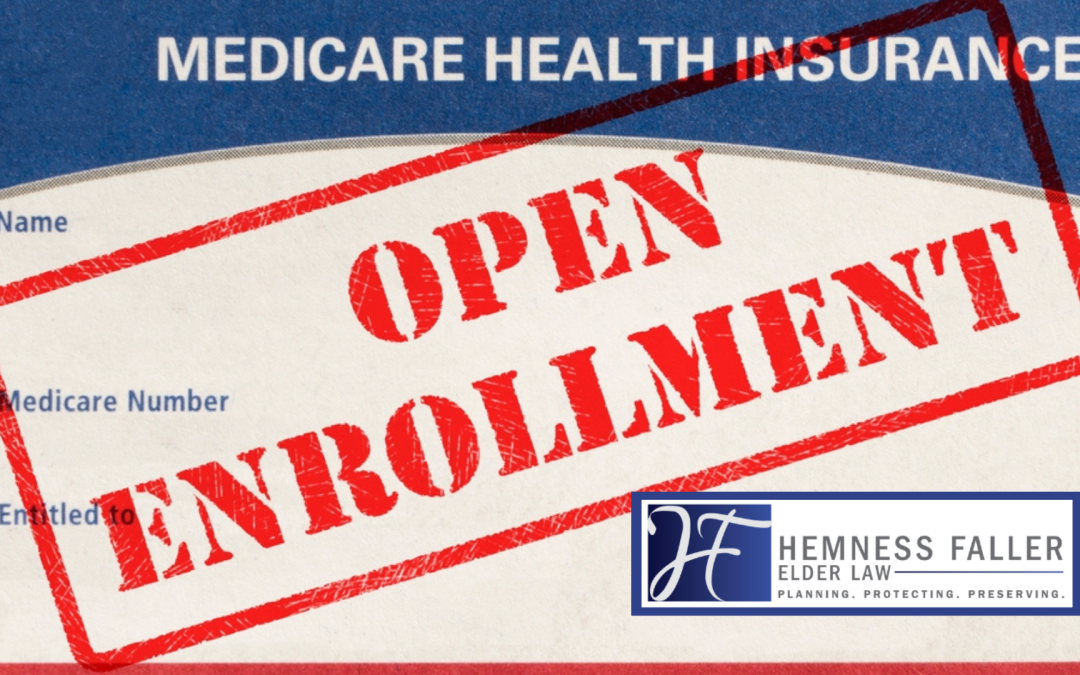As we mentioned in our blog last week about end-of-life preparations, end-of-life healthcare is an essential topic that often goes undiscussed until it’s too late. Along with your family, engaging in open conversations with your doctor about preparing for end-of-life care is not only responsible but also empowers you to make informed decisions that align with your values and preferences. In this blog, we will explore the importance of talking to your doctor about end-of-life healthcare, providing you with practical tips and insights to approach this crucial discussion.
What should you do?
- Initiate the Conversation: Starting the conversation about end-of-life healthcare with your doctor can feel daunting, but it is an important step towards securing your future care. Consider scheduling a separate appointment dedicated solely to discussing your preferences and concerns. This approach allows you ample time to address all aspects of end-of-life care without feeling rushed.
- Clarify Your Goals and Values: During the conversation, express your goals and values to your doctor. Be clear about what quality of life means to you and the medical interventions you would or wouldn’t want in certain situations. Understanding your wishes will enable your doctor to tailor your end-of-life care plan to align with your beliefs.
- Explore Treatment Options: Your doctor can provide valuable insights into various end-of-life healthcare options available to you. These may include hospice care, palliative care, or home-based care. Understanding the benefits and limitations of each option empowers you to make well-informed decisions.
- Discuss Advance Directives: Creating advance directives, such as a living will and healthcare power of attorney, is a crucial aspect of end-of-life preparations. Your doctor can guide you through the process of documenting your wishes regarding medical treatments and appointing a trusted individual to make healthcare decisions on your behalf if you are unable to do so.
- Review Your Current Health Condition: Talking to your doctor about your current health status is essential to assess any chronic or terminal illnesses that may influence your end-of-life care. This evaluation ensures that the care plan is tailored to meet your specific medical needs and preferences.
- Involve Your Family: Involving your family in the discussion can provide support and ensure that they understand and respect your decisions. Your doctor can help facilitate family meetings to address concerns and clarify any uncertainties your loved ones may have.
Advance Care Planning
It is also very important that Medicare Part B, the medical insurance component of the Medicare program, recognizes the significance of Advance Care Planning (ACP) and acknowledges its role in empowering beneficiaries to make informed healthcare decisions. ACP is a voluntary process that involves discussing and documenting an individual’s preferences and values regarding their future medical care, especially during end-of-life scenarios. Medicare Part B offers coverage for ACP services, ensuring that beneficiaries have access to these critical discussions with their healthcare providers. By providing coverage for voluntary Advance Care Planning, Medicare Part B aims to promote patient-centered care and foster a healthcare system that respects the dignity and autonomy of beneficiaries, even during challenging times.
Initiating an open and honest conversation about end-of-life healthcare with your doctor is an invaluable step towards ensuring your wishes are respected and upheld during challenging times. Clarifying your goals, exploring treatment options, and documenting your preferences through advance directives empower you to take control of your future care. Remember that discussing end-of-life care is a normal and responsible part of life. By actively engaging in these conversations, you not only relieve your loved ones of difficult decisions but also create an environment of understanding and support. So, take the first step today and have the important discussion that will secure your end-of-life healthcare and provide you with peace of mind.
The experienced team of attorneys here at Hemness Faller Elder Law, The Law Office formerly known as Emma Hemness, P.A., are here for you and your family and we want to be YOUR estate planning and elder law attorneys. After all, we are ordinary people, providing extraordinary guidance backed by years of experience and advocacy for the vulnerable citizens in our community. We encourage you to contact us and schedule a meeting.






